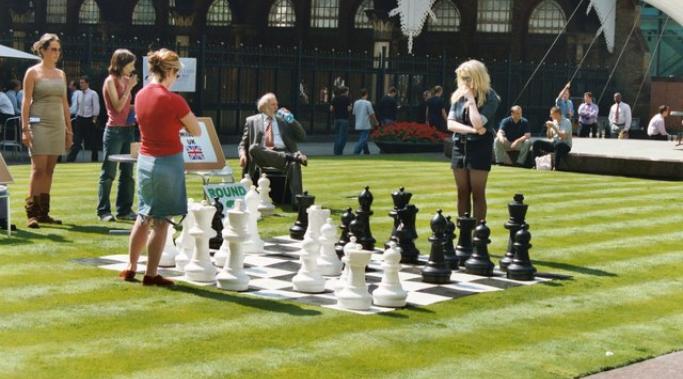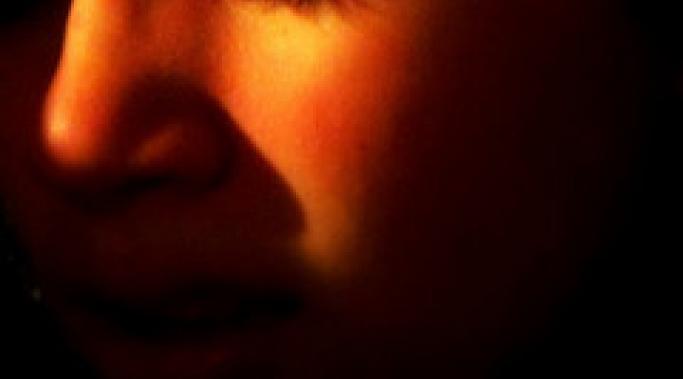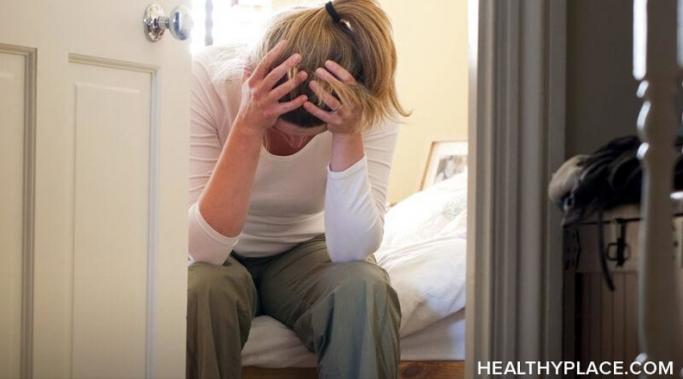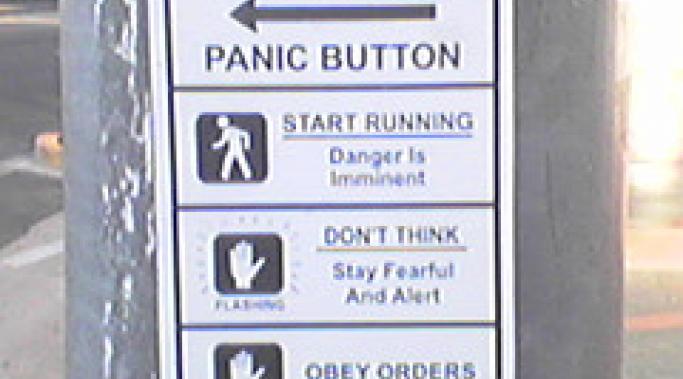On new habits, chocolate, and not always taking the blame
I'm treating anxiety with copious amounts of Maltesers, and Greens&Blacks. Probably isn't going to help me relax (such as that ever happens) but it makes me feel better about the parts where I sulk and procrastinate because I have deadlines, and everyone else has a long weekend. Anyway, onto the topic du jour:
Is 'my best' enough to stop anxiety -and what is emotional competence, exactly?
Anticipatory Anxiety
Treating anxiety and my self-worth walk the same path, as much as I hate to admit it. When it comes to anxiety and panic - I don't want to see it. I don't want to feel it. I do want to fight it, and I do want to help, or at least find the kind of help that helps. But that is far, far easier said than done. When the way I'm treating anxiety fails, my self-worth falters, too.
Anxiety fills a room, even if it's empty. Uncanny but it manages, almost every time. The claws in my head grow wings, sprout tentacles, take over: my room, the house, the neighbourhood, and soon entire nations... What?! Oh, wait.
Gradually, then all at once. That's how this stuff works because of course at first I am only dimly aware of it. It's not really an issue. The panic isn't big enough I'm tripping over it. Yet.
Beyond black and white thinking
Sometimes anxiety makes it seem perfectly acceptable to throw the baby out with the bathwater, in search of calm and peace. Even if that results in hating myself because it feels like I'm reaching for something I can never have. So what's the solution? Be someone else, of course!
I'm sitting in my apartment, my mind playing fast and loose with past and present, time and space. It's humid and muggy and I haven't slept properly in weeks.
What makes Nightmare on Elm Street seem like Annie?
Yesterday I spent an hour deciding whether to get out of bed. Then another hour deciding if I felt okay to take a shower or eat something, then some considerable time pacing, trying to rid myself of the anxiety standing between me and actually getting dressed (pajamas are seductive, evil, wonderful things).
At first I wasn't going to go to my usual Yoga class but then I was out, and it was round the corner anyway, so with some umming and ahhing and a couple of changes direction, I went.
Left class with my nervous system a lot more chilled. But why all the resistance? It's like I want to live up to all these sayings: Carpe Diem, Own the Day. Only I feel more like a drone.
When I say self-inflicted, I don't mean deliberate, nor do I necessarily mean conscious, and I don't mean it in the sense of self-harm, either. I mean it in the sense that anxiety, mental illness, is continuous, forceful injury to the ego - and unavoidably, inextricably linked-in to our idea of self.
If anxiety isn't my fault, then whose fault is it?
The question doesn't help. I'd ban it, if I could. Fault?
I've had serious anxiety issues since I was about 12, give or take. Growing up, I guess I internalized the way people look at you when they think you're crazy; The questions they ask, and the far more terrible ones they don't.
Why can't I deal with this mental health thing without causing so much trouble, anyway?!
Sometimes I feel like I just don't get it; Like I can't, or won't, or something somewhere inside is keeping me from understanding enough about myself, mental health, how to heal things.
Anxiety: All in all, another brick in the wall?
How does psychotherapy work?
Isn't it just self-indulgent rubbish? What could talking ever accomplish?
Talk therapy is basically permission to bitch about anxiety, in a heavily supervised and hopefully well-structured manner.
Seriously, even if it's only with one person in your life, and you happen to pay them: whine, vent, cry, squeal, delight and dream. Then do it all again next week. It's good for you!
About anxiety
People who experience anxiety often get stuck in the cycle of avoidance, leaving them feeling trapped, like they can't do anything about their anxiety. For want of better options, they hide - from it, and in many cases, from the world.
Having an anxiety disorder is like having a hateful, hyperactive internal alarm system; It only detects the judge, not the jury. The verdict is practically irrelevant: you already know it's guilty. Like predictive text for panic disorders.
That alarm doesn't care about the guy flirting with you, or the reassuring smile the waitress gives.
What sensations, ideas, emotions, experiences make up anxiety?









